Year 10 Media Students Decode the Power of Semiotics in Practical Task
In an exciting hands-on activity, Year 10 Media students recently took part in a practical semiotics task that challenged them to apply the theory of signs and symbols in...
Filter by Category
Filter by Author



















































































































































































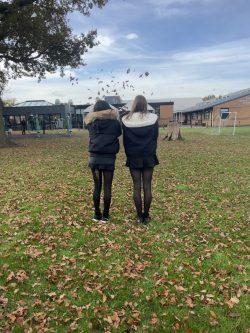
In an exciting hands-on activity, Year 10 Media students recently took part in a practical semiotics task that challenged them to apply the theory of signs and symbols in...
Posted by Natasha Collins
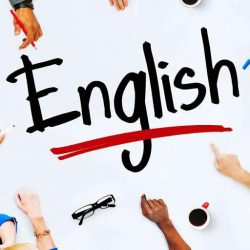
In a world where children are chosen to battle each other to death. Where you have no control of your actions. Death, Destruction, War. Does that sound like a book you would read?...
Posted by Natasha Collins

Hello, the following article was written by Briana in 9W Horror novels tend to be less appreciated by audiences,and disregarded as a knockoff of the movies. People say you don’t...
Posted by Natasha Collins
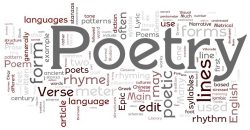
The article below was written by Imogen Woodroofe- 11 Beech. Thank you. Sons, husbands, fathers and brothers all men who got sent to war. All wars. Jane Weir was a writer who...
Posted by Natasha Collins
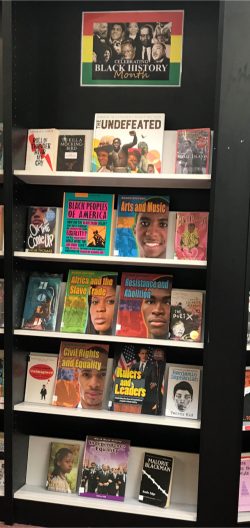
Short stories normally create mixed emotions. For example in form whenever we find out what book we would read. When we find out it’s a book compiled from short stories, you would...
Posted by Natasha Collins
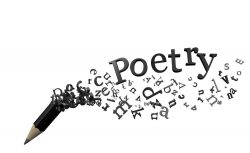
We often hear about poems, due to some of us having to learn about them, or it just being a major form of literature that has existed for a very long time. Some of us might think...
Posted by Natasha Collins
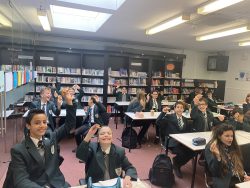
Last Tuesday lunchtime, Miss Collins hosted her first creative writing club session in LRC3. The turn out was a soaring success, with a classroom full of spirited students...
Posted by Natasha Collins
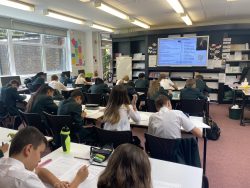
Mythology with year 7 at the start of a new academic year is one of my favourite things to teach! All the students thoroughly enjoy learning the meaning behind myths, how they’re...
Posted by Natasha Collins
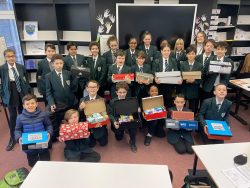
As a Character Development Coach I strive to encourage my students to take part in school projects, and do what they can to better the community and have a ‘mind to be kind’. And...
Posted by Natasha Collins
In an exciting hands-on activity, Year 10 Media students recently took part in a practical semiotics task that challenged them to apply the theory of signs and symbols in real-world image creation. The task required each group to take three unique images around the classroom and school, using props and positioning to convey specific meanings.
Understanding semiotics is about learning how we decode messages and understand the meanings behind signs and symbols in the media. By creating our own images, students had the chance to experience how powerful visual elements can be in communicating ideas to an audience.
The groups were tasked with planning, capturing, and emailing their images within 15 minutes—placing them under time pressure to think critically about composition and meaning. One group member had to feature in all three shots, helping them think about how a single subject could be represented in different contexts to create diverse interpretations.
After the images were reviewed in class, students discussed what the pictures communicated and how successfully the visual elements (such as props, positioning, and background) conveyed the intended meaning.
The task also helped students grasp the concept of encoding and decoding, the process through which media producers encode messages into images, and how audiences decode those messages based on cultural and social understandings. As part of the review, students also evaluated how the images could be made clearer to viewers by adjusting visual cues or symbols to ensure the intended message is easily understood.
Overall, the semiotics exercise gave students valuable insight into the world of visual media, empowering them to critically analyse images and think more deeply about the construction of meaning in the media they consume every day.
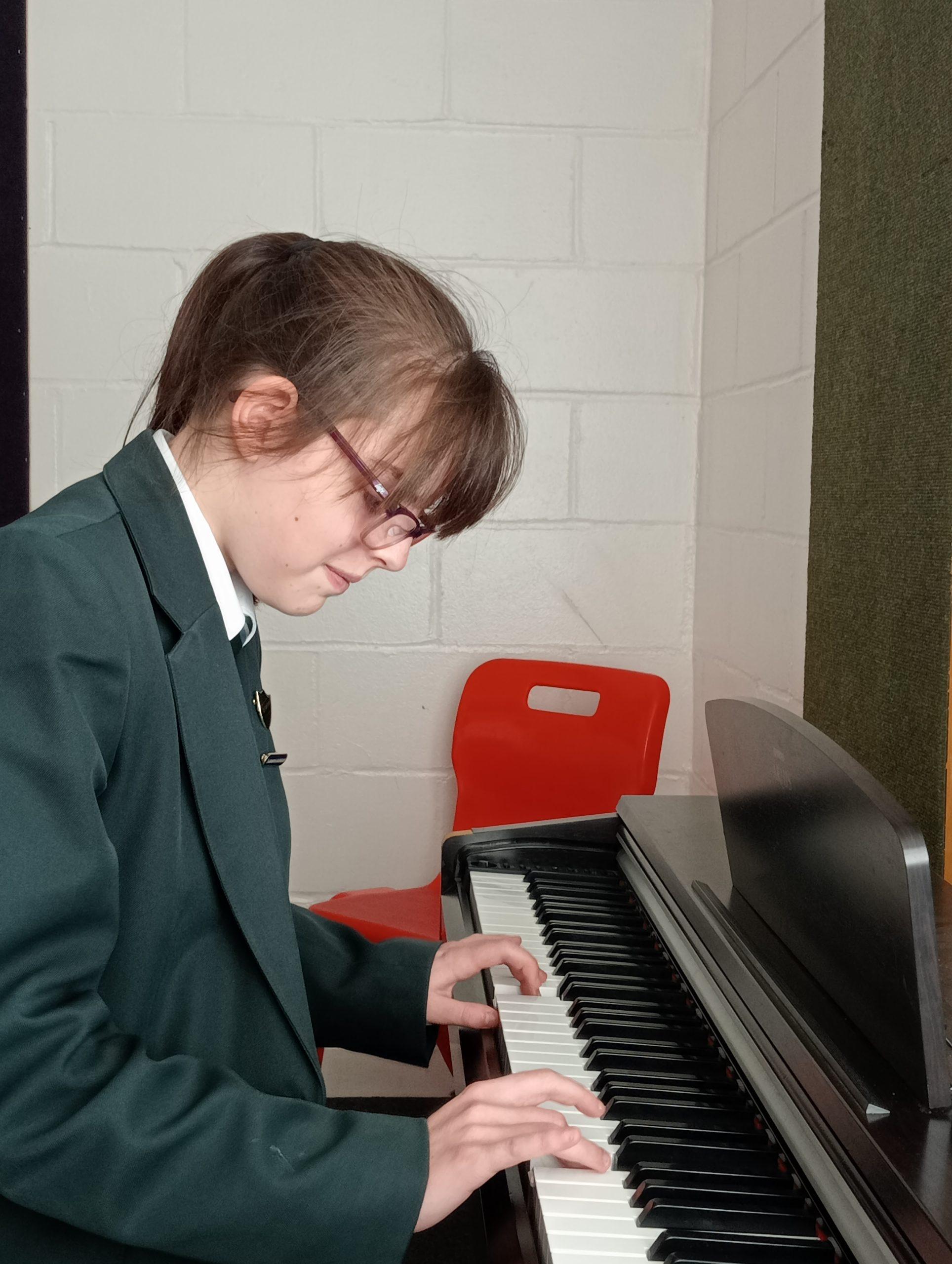
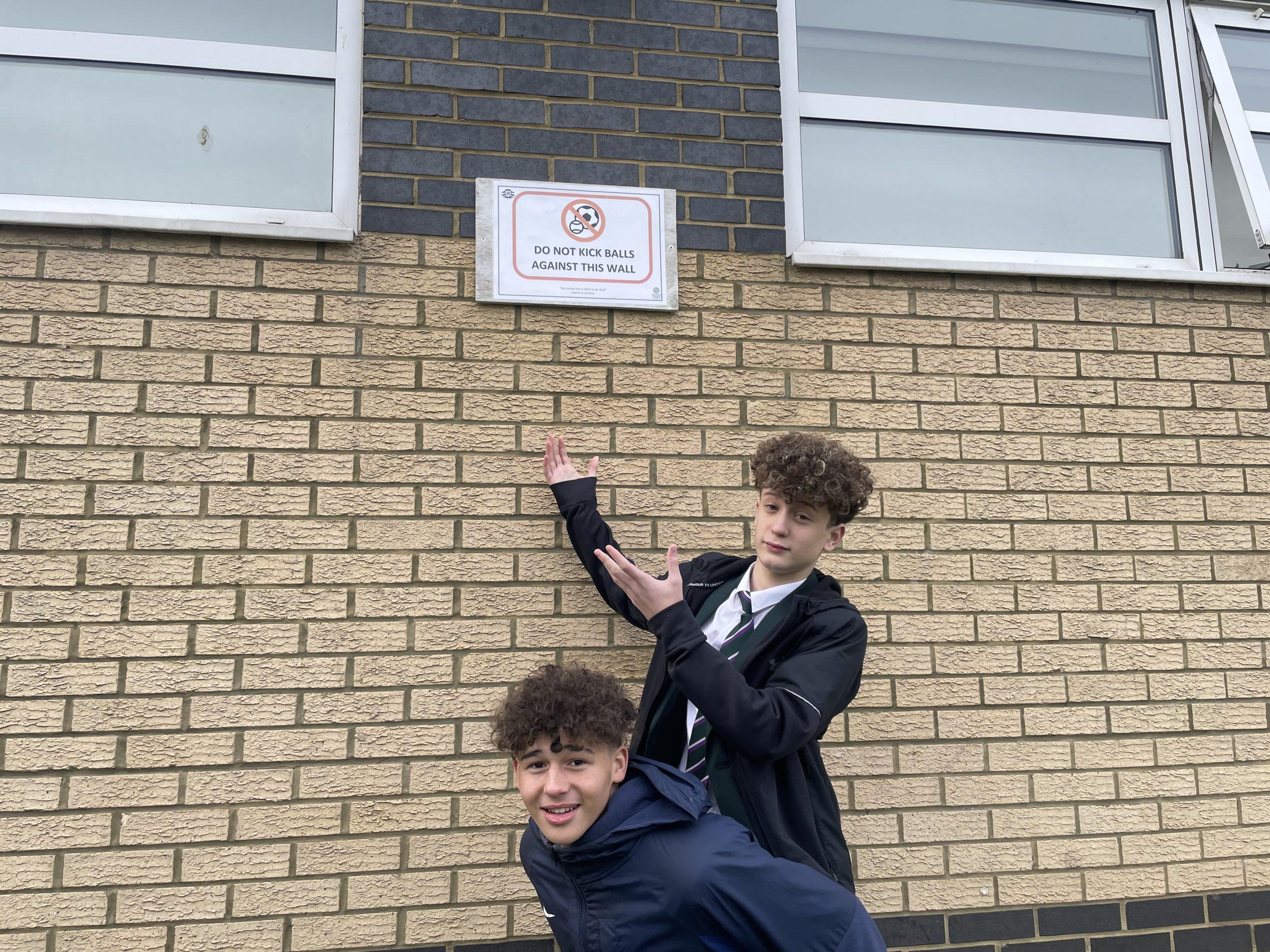
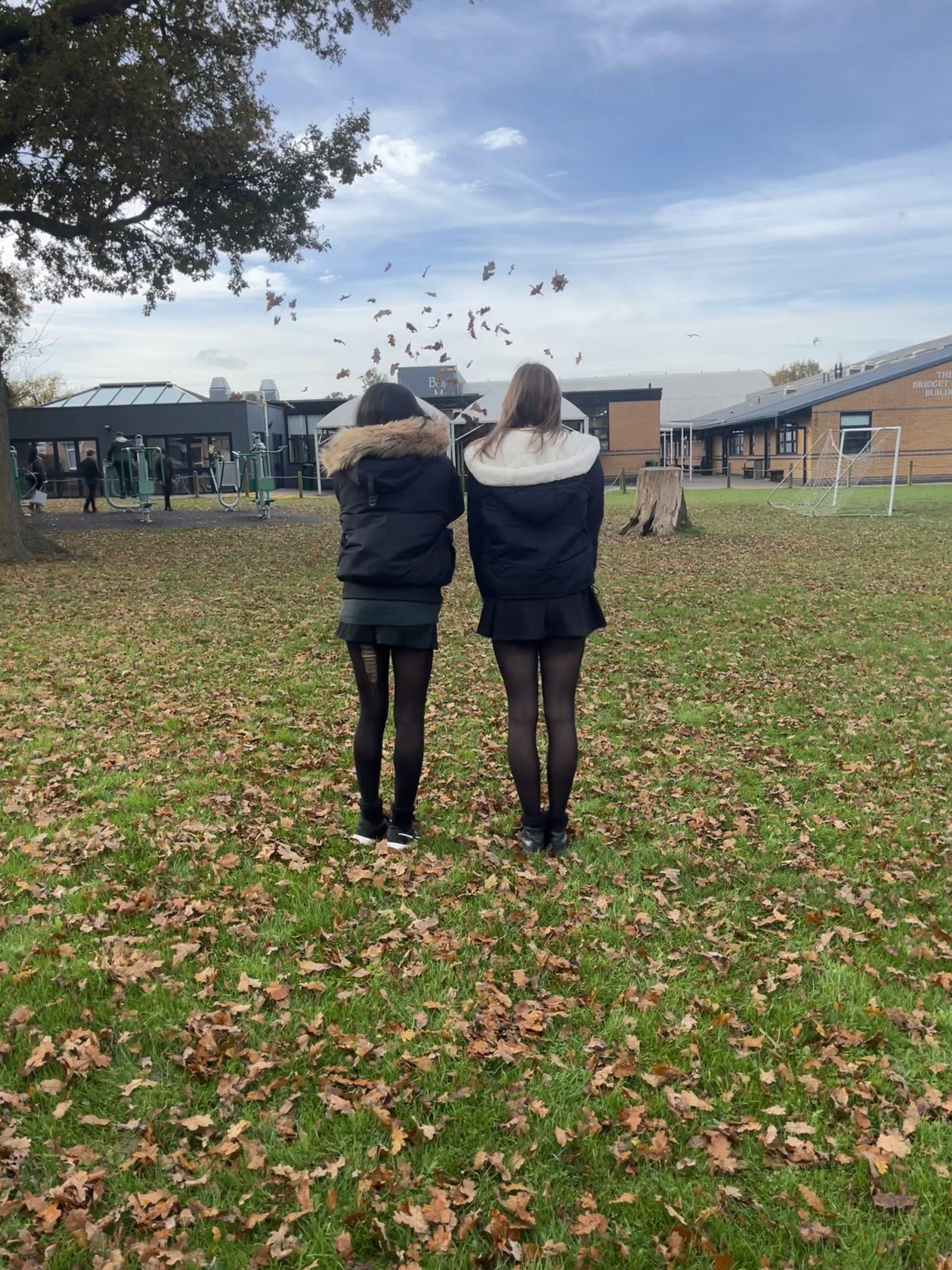
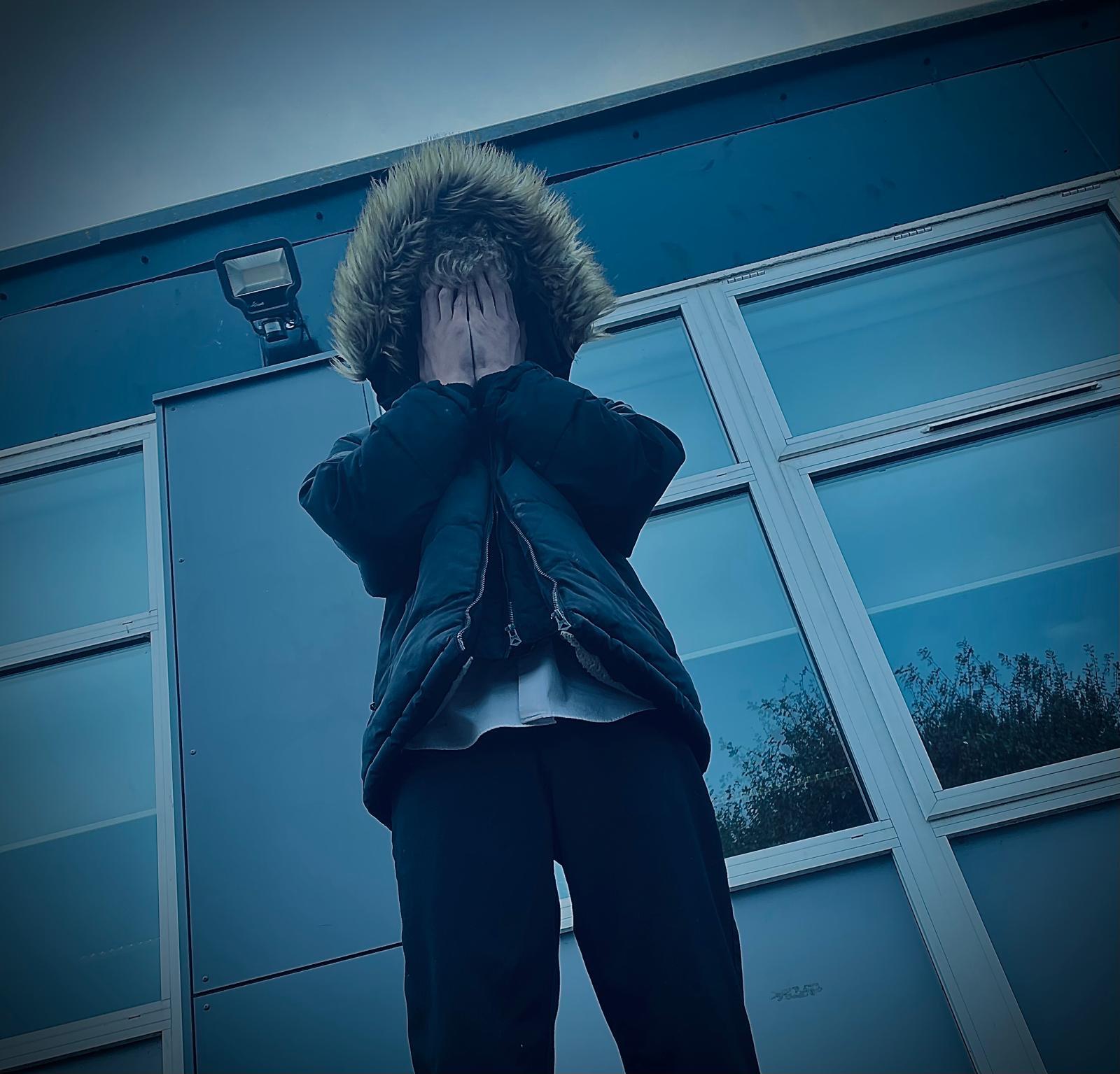

We would like to share an important update regarding our commitment to safeguarding and the welfare of all our pupils. As a school, we are proud to support Operation Encompass, an...
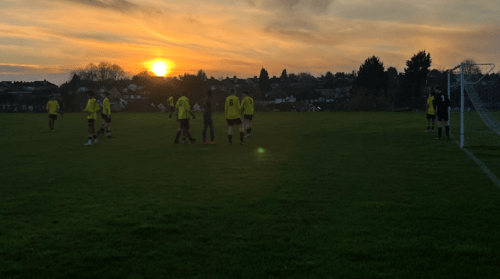
NEWS Mr Cartledge Head of PE and Health PE CONCEPT of the Week: KNOWLEDGE – Rules (Head) Mrs Cartledge The BMS PE and Health Faculty are committed to promoting an...